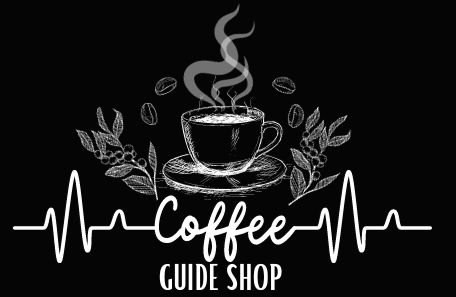If you’ve ever found yourself staring at a cafe menu, wondering what the difference is between an espresso and a coffee, you’re not alone. For most people, the distinction isn’t clear. Both drinks start with the same base ingredient, but the way they’re prepared, the taste, and effects on the body can vary dramatically. So, is espresso really stronger than coffee?
Many people assume that espresso is stronger than coffee simply because the tiny cup of dark, concentrated liquid packs a powerful punch. But just because espresso is more potent than drip-brewed coffee doesn’t mean it’s necessarily “stronger.”
What Makes Espresso Different from Coffee?
Both espresso and coffee are made from the same basic ingredient, coffee beans, and water. The key difference, though, is in how they’re prepared. When making coffee, hot water is poured over coffee grounds in a filter, and the liquid is then steeped and eventually dripped into a serving pot. In contrast, espresso is made when hot water is forced through tightly packed coffee grounds at a high pressure, and the concentrated liquid is then collected in a small cup. The result is a rich, bold-tasting brew with a characteristic crema on top.
Is Espresso Stronger Than Coffee?
Many people mistakenly believe that espresso is stronger than coffee when it comes to caffeine content. In fact, the concentration of caffeine in espresso is higher than that in a typical drip coffee, as the brewing process is faster and extracts more caffeine from the beans. The serving size, however, is much smaller – a standard serving of coffee contains around 95 milligrams of caffeine, whereas a shot of espresso usually contains 75 milligrams. So, while the concentration of caffeine is higher in espresso, you’d need to drink several shots back-to-back to get the same caffeine hit as you would from a mug of coffee.
Moreover, the type of beans and roast level used can also impact the flavor and strength of the finished drink. Lighter roasts tend to have a more pronounced acidity and fruit flavors, while dark roasts produce a more robust, “stronger” flavor. Of course, individual taste preferences also come into play when discussing the “strength” of coffee versus espresso.
Effects of Espresso and Coffee on the Body
Aside from taste and caffeine content, there may be other differences in how the body responds to espresso and coffee. Because espresso is more concentrated, it may deliver caffeine to your system more rapidly than coffee, leading to a quicker onset of the energy-boosting effects. Additionally, some people find that the acidic content of coffee bothers their stomach, while espresso tends to be a bit milder in that regard.
Both coffee and espresso have benefits and drawbacks when it comes to the effects on the body. Most people have heard that drinking coffee can help improve mental alertness and concentration, and some studies suggest that the antioxidants found in coffee may offer some protective benefits for the liver and brain. However, consuming too much coffee can cause jitters, anxiety, and an increased heart rate. As for espresso, the higher caffeine concentration means you’ll need fewer shots to feel its effects, and some studies have shown that espresso may produce an even greater increase in energy and alertness.
Conclusion
In the end, whether espresso is stronger than coffee really depends on how you define “strength.” In terms of taste and caffeine content, espresso tends to be more intense than coffee. However, the magic of coffee is in its versatility – there are so many different roasts and brewing methods to explore, each with its own unique flavor. So, the next time you’re at a café, don’t get too hung up on whether espresso is stronger or not – just enjoy whatever drink you’re in the mood for!
